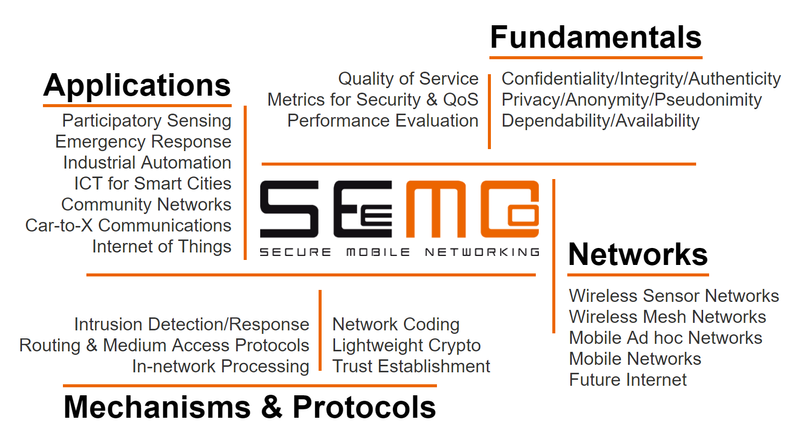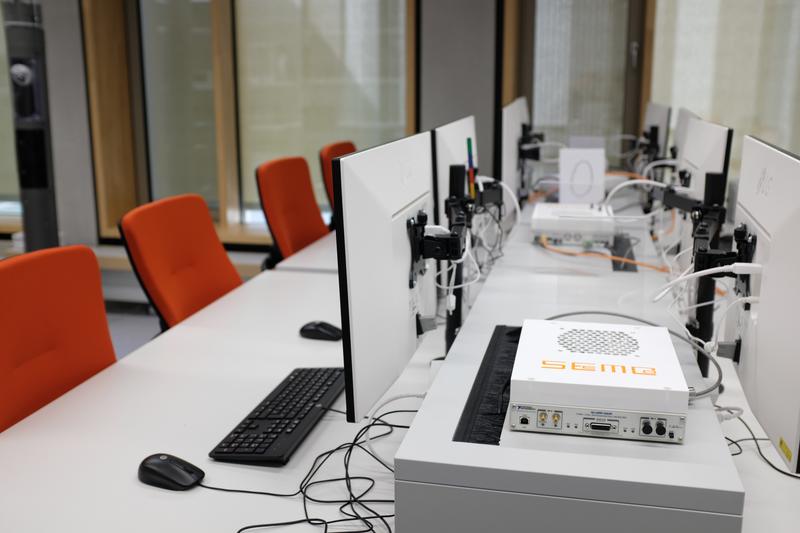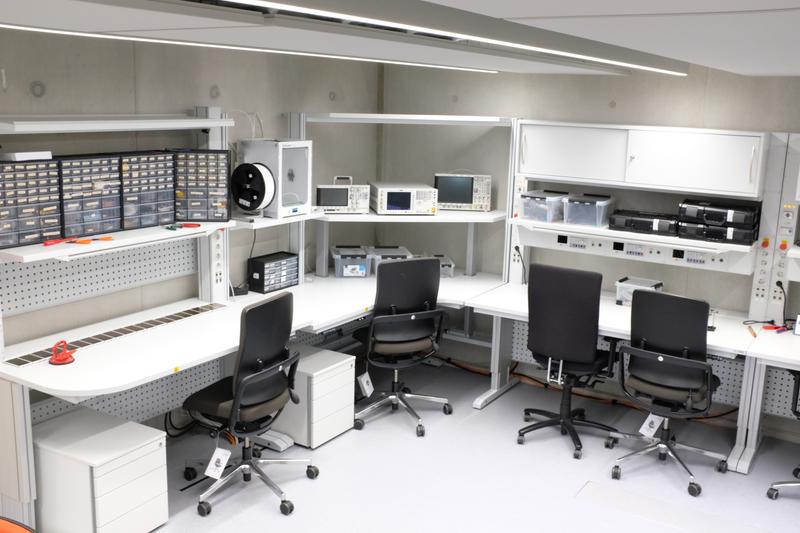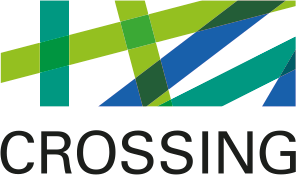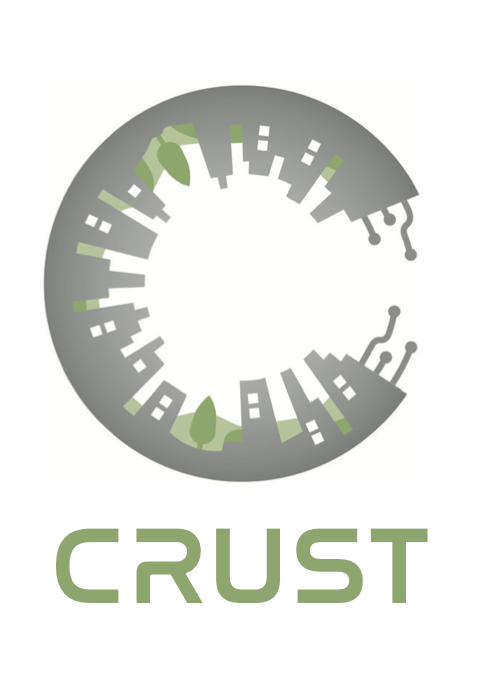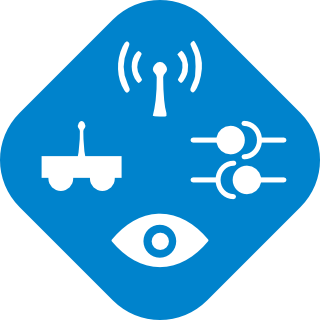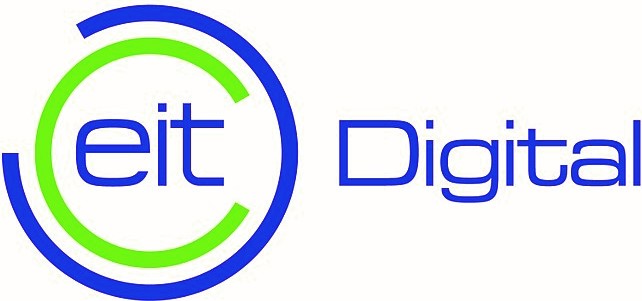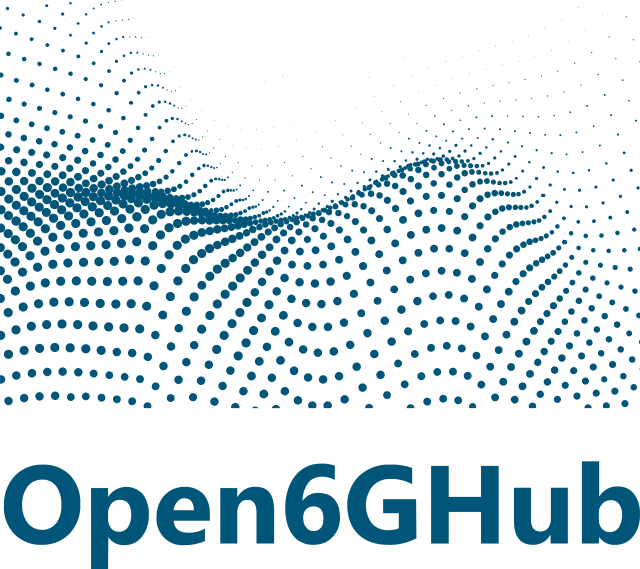ATHENE Center
December 2019 – December 2027
ATHENE (former CRISP) is accompanying the digitalization of society, economy and government from the perspective of cybersecurity and privacy with application-oriented cutting-edge research and development. The research is divided into various research areas headed by coordinators. In projects assigned to these research areas, concepts, methods and technologies are being developed that sustainably improve and ensure cyber security and privacy protection across all areas of life. An interdisciplinary approach to the problems involves different sciences such as psychology, ergonomics, economics, etc.

